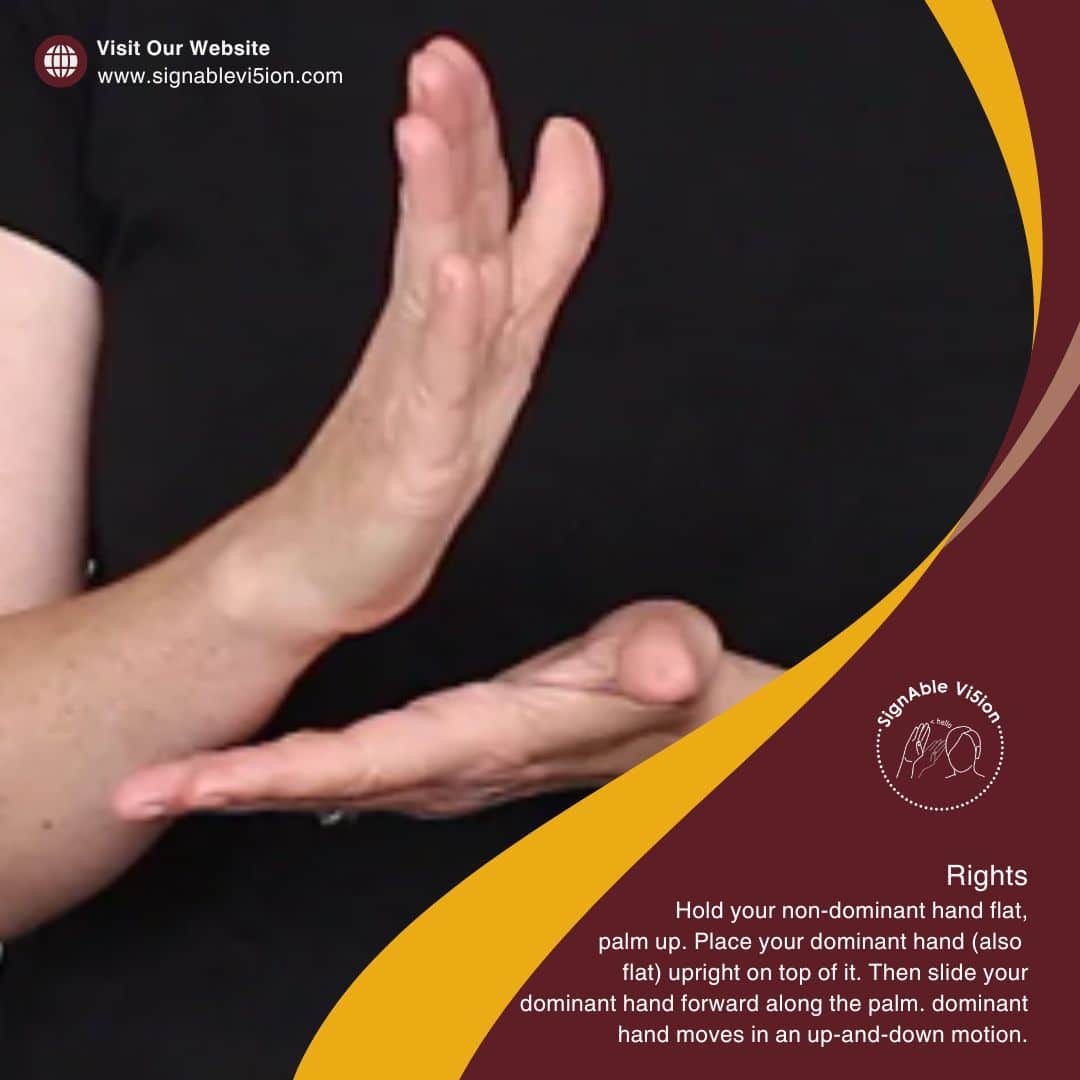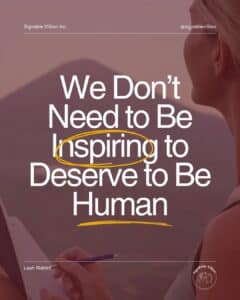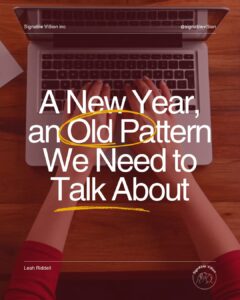You can’t have one without the other.
A strong economy means nothing if people are struggling just to survive.
And human rights ring hollow when economic barriers block access to education, meaningful work, or basic services.
We often talk about economic growth as a sign of national success; rising GDP, more jobs, increased productivity. But numbers alone don’t tell the whole story. Growth is only meaningful when it’s inclusive. When it uplifts everyone. When no one is left behind.
In my work, I train individuals, workplaces, and organizations to rethink how they communicate, especially with Deaf and disabled people. At the heart of this work is a simple but powerful truth: communication is access. And access is a human right.
When communication is inaccessible, so is everything else.
Job interviews. Workplace meetings. Training opportunities. Promotions.
School classrooms. Healthcare appointments. Legal rights.
I’ve met Deaf job seekers who were denied positions, not because they lacked skill or drive, but because the workplace didn’t have interpreters or refused to make accommodations. I’ve seen disabled employees leave jobs they loved because asking for support became a battle. These are economic rights violations, plain and simple.
Fair wages, accessible education, disability support, and workplace protections aren’t “nice to have.” They are the foundation of dignity and independence. Yet so often, Deaf and disabled people are expected to navigate a world that wasn’t built with them in mind – let alone included them in the conversation.
The people I train want to do better. They want to understand what inclusive communication really looks like. They want to serve their communities, their staff, their clients more effectively. And most of all, they want to make sure their work doesn’t contribute to the very inequities they hope to dismantle.
Through training, consultation, and honest conversations, I help them get there.
Not by handing out checklists or one-size-fits-all solutions.
But by helping them see the systems, the assumptions, and the choices that shape how inclusion, or exclusion, happens.
Because change doesn’t start with policy. It starts with people. With understanding. With a willingness to ask hard questions like:
- Who benefits from the way things are right now?
- Who’s being excluded?
- What would equity actually look like in this space?
The people I hope benefit from this work?
Deaf youth who deserve full access to education.
Disabled workers who are tired of being sidelined.
Families who want to see their children thrive, not just survive.
And employers who want to do better but need the tools and perspective to get there.
Economic rights are human rights. We can’t separate the two.
We can’t keep building a world where profit comes at the cost of dignity.
We don’t have to choose between success and fairness, we can and must demand both.



